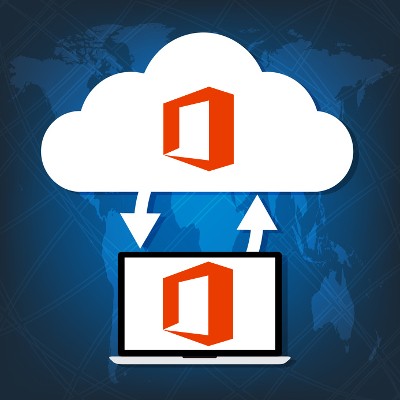Email is a central part of any functional modern office, but if you aren’t proactive in keeping your inbox under control, you could be wasting time on unnecessary messages or spam. If you want to get the most out of your workday, it’s imperative that you take back control of your business email inbox. Here are three ways that yourself and your employees can clean up your inboxes and waste less time throughout the work day.
Washington Works Blog
The busy business owner rarely has time to indulge in extracurricular activities, but there are still ways that you can make progress--even when you’re not actually in the office or working on important plans, there’s still the opportunity for self-improvement. One way that you can do this is by being well-read. In fact, science has practically proven that reading literary fiction is just as beneficial for your professional development as other seemingly more practical works.
Many websites and services now have apps that they use to further distribute their solutions via smartphone. However, when it comes to your business’s sensitive information, which is more secure: the mobile app, or the web-based client? Researchers from Northeastern University performed a study that asked this question, and the results might shock you.
Botnets are proving to be a difficult hurdle for security professionals, and it’s easy to understand why. Distributed Denial of Service attacks that can knock down servers or services, as well as hordes of remote-controlled zombie computers, are two of the most dangerous ways that hackers use botnets to serve their purposes. What can you do to protect your business from botnets?
When you’re planning your business’s technology ventures, how often does your IT budget become a major deciding factor? Chances are that it clings to you like a ball and chain. Wouldn’t it be nice to free yourself from something so limiting? We’ve compiled three ways that you can take some of the strain off of your IT budget.
Big data is a trend that’s gaining traction in the business environment. By taking a close look at the data that you collect, and identifying trends, you can potentially predict how your business can perform, and how your clients will respond to your products or services. Yet, there are two major questions that you need to ask: how are you going to use this data, and is the data that you’ve collected specifically to achieve that goal?
Hackers are always getting their hands into sticky situations, but one of the hot topics in world politics--the 2016 United States presidential election--is one of the nastier ones in recent years. In the past few months alone, hackers have reportedly breached not only the Democratic National Committee, but have also infiltrated at least two state election databases.
When Facebook released its Messenger app in 2011, it was primarily designed as a way for users to chat with each other outside of the main Facebook app. Since then, Facebook has added a plethora of new features and upgrades to Messenger, making it a tool that may have what it takes to meet the needs of your business.
Halloween is a time when people of all ages dress up as something spooky that they’re really not. For the scariest of hackers, every day is like a reverse Halloween as they try to scam victims by pretending to be someone safe and trustworthy--a persona that they’re really not. This Halloween, don’t get tricked by the haunted hack!










